Low-fat proteins are those that contain fewer saturated fats and trans fats. Low-fat proteins are important for a number of reasons. They can help with muscle building, weight control, and general health. Protein is necessary for the building and repair of tissues. It also keeps you full and can help with weight loss. Low-fat sources of protein are advantageous because they contain the required protein and reduce saturated and trans fats that can cause heart disease and other issues. Low-fat proteins can also help people achieve a toned, defined body. This makes them a popular option for anyone looking to lose weight or build muscle. Here are five healthy low-fat proteins to add to your daily diet.
5 Low Fat Protein Foods
1. Skinless chicken: A 3-ounce serving contains only 3 grams fat and 26 grams of protein. This chicken breast is also rich in niacin and vitamin B6. You can add chicken breast to salads, sandwiches or stir-fries by grilling, baking or poaching it.
2. Greek yogurt: One 6-ounce container contains approximately 20 grams of protein, and only 0-2 gram of fat. It is also rich in calcium, potassium and probiotics. Greek yogurt can be eaten on its own or as a tasty topping for fruits, granola or vegetables.
3. Lentils: One cup of lentils cooked contains 18 grams of proteins and 1 gram fat. Also, they’re a great source of iron, fiber, and folate. Add lentils to salads, soups, and stews. You can also use them as meat substitutes.
4. Tofu: One 3-ounce portion of tofu has only one gram of fat and 8 grams of proteins. It is also a great source of iron, manganese, and calcium. You can grill and marinate tofu or scramble it as you would eggs.
5. Salmon: A 3-ounce portion of cooked salmon has only 5 grams fat and 20 grams of protein. Salmon is a great source of vitamin D, selenium, and omega-3 fatty acid. Salmon can be grilled, baked, or poached, and added to salads or sandwiches or pasta dishes.
You can also add many other low-fat proteins to your diet. Speak to your doctor to develop a meal plan tailored to your needs.
Also Read: Fat Types: Food Sources and Health Benefits
How much fat per day should I consume?
According to the 2015-2020 American Dietary Guidelines, fat intake should be restricted to 20 to 35% of total calories. recommends a daily calorie intake of 2,000 calories for women, and 2,500 calories for men. However, this can change depending on the age, metabolism and level of physical activity. The American Heart Association recommends that only 5-6 percent of your fat intake be saturated. World Health Organization (WHO), reaffirms the recommendation that adults limit their total fat intake at 30% or less of their total energy intake. The fat consumed should be primarily unsaturated.
How much protein do you need to consume per day?
However, there are some general recommendations:
The recommended daily allowance (RDA) of protein for an average sedentary person is 0.8 grams for every kilogram of weight. This is about 0.36 grams for each pound. The recommended daily intake of protein for those who lift heavy weights or train with strength is between 1.2 and 1.7 grams per kilogram body weight. The general recommendation is to eat 15-30 grams per meal and between 10% to 35% should be protein. In order to put these recommendations in perspective, an adult weighing 150 pounds would require 54 grams of daily protein.


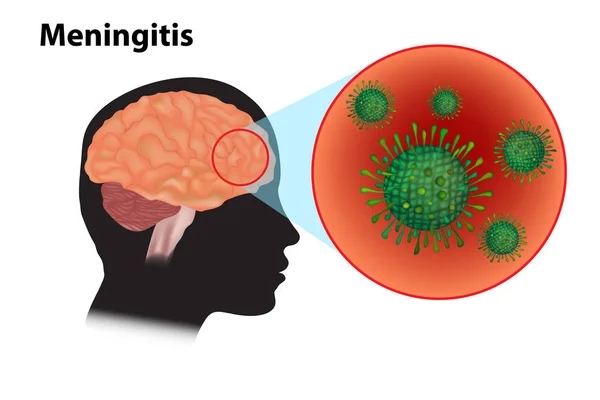
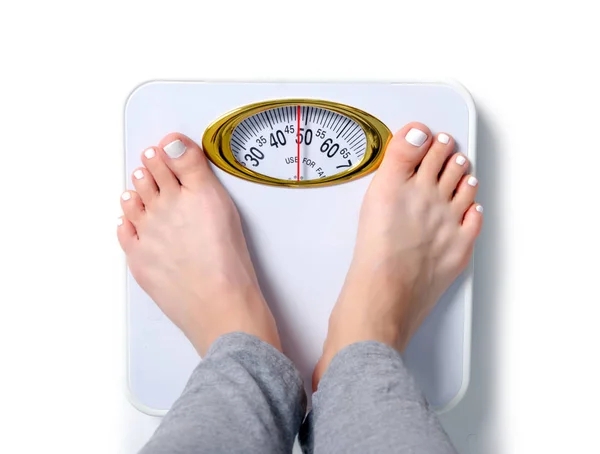
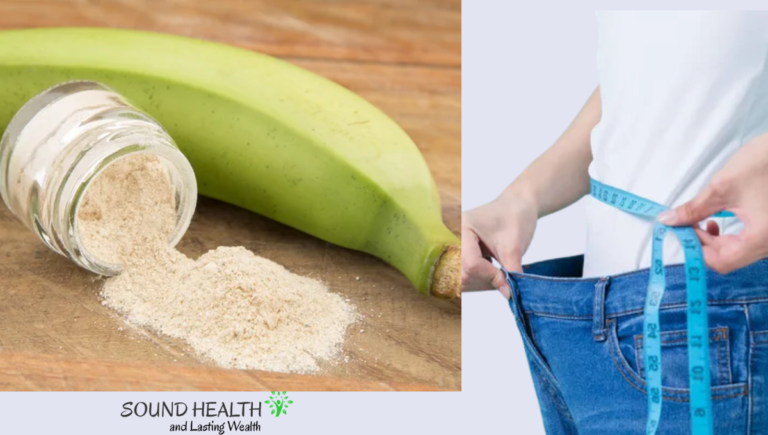
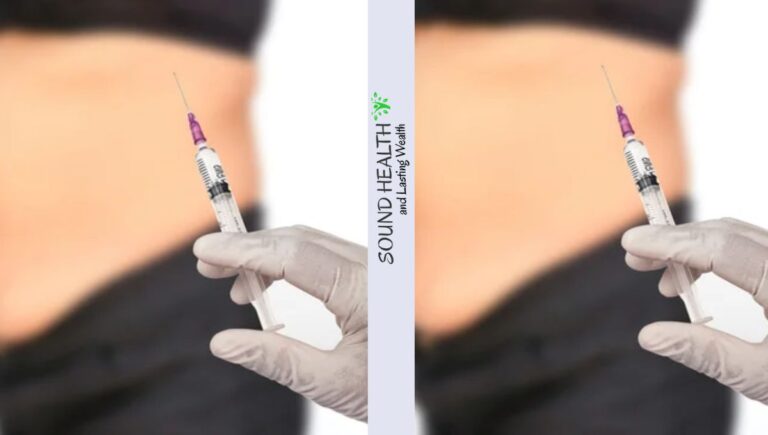
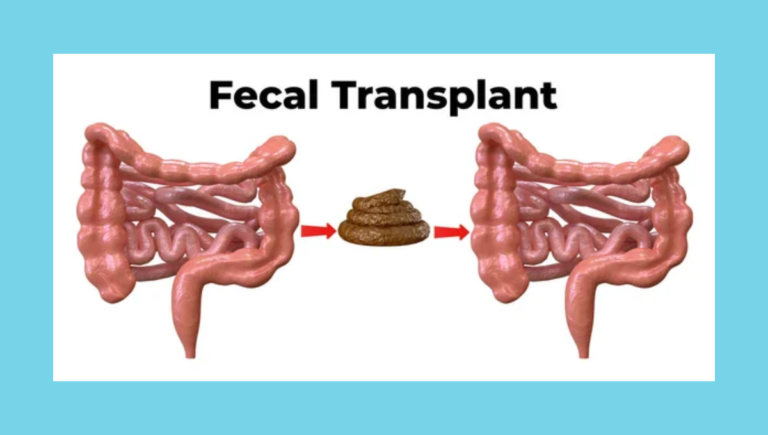


+ There are no comments
Add yours